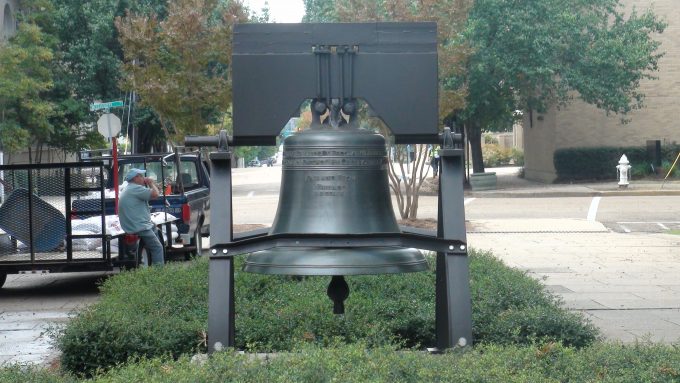
Sunday, 15 October 2017
But the Lord is faithful, who will establish you and guard you from the evil one. 2 Thessalonians 3:3
Here Paul makes a play upon the words of the previous verse –
“for not all have (the) faith.”
“But the Lord is faithful.”
He is taking the same word, and applying it in two ways. He does this also in Romans 3:3. Here, he is in essence saying, “Not everyone possesses the faith. Despite this, the Lord is faithful.” The implication is that for all who have the faith, He is and always will be faithful. That is then explained in the next words. The Lord, who is faithful, “will establish you.” The word indicates “to firmly plant.” He had just prayed for the Thessalonians in verse 2:17 using this exact same word. Now, having made that prayer, he notes that it will be as he has prayed. This is based upon the faithful nature of God towards those who are in Christ Jesus.
And more than being established, he says that the Lord will also “guard you from the evil one.” Some translations simply say “evil.” However, with an article before evil, it should be translated as “the evil,” or “the evil one.” The personification of evil, or the source of evil, meaning the devil, is what is being presented. Again, like the word “faith,” he is using the same word as in the preceding verse, translated there as “wicked,” in order to make a play on the words –
“and that we may be delivered from unreasonable and wicked (evil) men.”
“the Lord will guard you from the evil one.”
Note how he had just asked for prayers for himself and those with him in verse 1 & 2, but how in this verse he has spoken only in the second person. He immediately reverted from his needs to a note of comfort for his beloved brethren. The attitude is selfless and “other” directed. He trusts that the prayers of the church will be effective for him and his companions, and so he redirects immediately for their sake.
Life application: It is good to remember, even when we are in times of need, to extend words of comfort and edification to others. If we can trust that those we hope to receive comfort from will have us in prayer, then they are doing what they can for us. With this assurance, we should remember to build them up in their own walk through this world of trial and difficulty.
Most wonderful Lord! It is such a blessing to be able to share in prayer with others in our times of need. At various times, we all have needs. When it is our time, how wonderful it is to know others are praying for us. And so when their time comes, help us to be mindful to also pray for them. And surely You are attentive to all prayers of Your redeemed people. We know this is true because we have the perfect Mediator who never fails us! Thank You for this. Amen.




